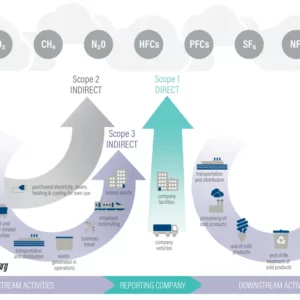
Independent verification of your greenhouse gas (GHG) data builds confidence with regulators, investors, and stakeholders. ECG provides third-party GHG assurance services to confirm that your reported emissions are complete, credible, and aligned with applicable standards and regulatory requirements.